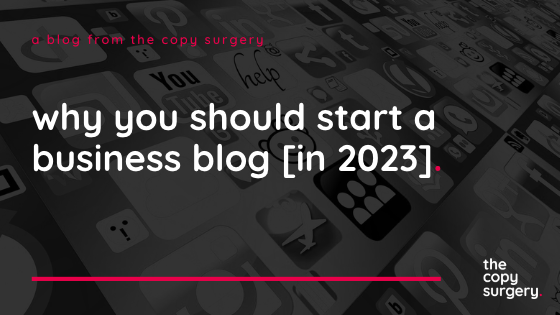Introduction
Most small business owners know that they need to be visible online to succeed. But what many don’t realise is that simply having a website isn’t enough. To rank high in search engine results pages (SERPs), you need to actively promote your site through various marketing techniques-including blogging.
Business blogging is one of the most effective ways to market your products and services. By writing relevant blog posts to your audience, you can answer their questions and help with their problems. This will not only increase visibility for your business but will also drive traffic back to your website. A blog for your business is one of the cornerstones of your content marketing strategy, as it allows you to create a piece of content you can then use in many other ways.
Why start a blog?
A blog is a page on your website where you write about your business and the products or services that you offer. A blog post can be used to effectively market your products and services by providing valuable content to your audience. This content should help answer your audience’s questions and solve their problems.
One of the benefits of blogging is that it allows you to take advantage of passive marketing. This means that you can increase visibility and drive traffic to your site without continually promoting it. However, to be effective, your blog post must provide valuable content relevant to your audience.
How can blog content be used for marketing
A blog post can be used for marketing in many ways. One of the most effective is to use it as a platform to build your brand. This can be done by providing useful, relevant information about business or industry-related topics.
One way to provide valuable content is to use blog posts to answer your audience’s questions. For example, if you offer accountancy services, teach business owners some inside knowledge about running their accounts better.
By helping and teaching your audience, you become the trusted advisor. Consequently, you become the company your audience approaches when they are ready to buy your product or service.
Benefits of business blogging
When business owners start a blog, they’re immediately providing value to their audience in the form of content. But blogging offers so much more than that. Some of the benefits of blogging include:
Engaging your audience
Engaging with your audience is one of the most important things you can do on social media – it’s the only way for them to understand who you are, what makes you different from other companies in your industry, and why they should choose to work with you instead of one of your competitors. If people know these things about you before they contact or buy from another business, there’s a better chance that they’ll come back to work with or buy from YOU!
Increased Visibility
Increased visibility for your small business is a good thing because it allows you to reach more people and grow your customer base. When you’re visible online, you’re able to connect with more potential customers and build relationships with them. This can lead to more sales and increased profits for your business. Increased visibility for your business is the first stage of getting your audience to buy from you – they need to know about you first!
Increased website traffic
Increased web traffic is beneficial for a business because it allows Google to gauge your website’s usefulness to your audience. In addition, the more visitors you get, the better your business looks to Google and other search engines. This is because, when someone searches for a company such as yours in their neighbourhood or industry, Google sees that other people with the same query go to your business site. If they spend time on your website reading your content, Google sees that and deduces your website is high quality.
Improved search engine rankings (SERP)
Having a well-optimised blog post for search engines can help increase your website’s visibility and improve your search engine rankings. This is because blog posts full of valuable, relevant content will be seen as more useful by Google and other search engines. As a result, your website will rank higher on search engine results pages (SERPs), which means more people will find you online.
Helps build your brand
A blog can help you build your business’s brand. When you write blog posts with content that helps your audience, you become regarded as an expert in your field. As a result, people will come to trust you and see you as the go-to person or company when they are ready to buy what you’re selling.
Establishes you as an authority in your field
People will see you as an expert when you write helpful, informative blog posts about business and industry topics. As a result, they will trust your advice and be more likely to buy products or services from you when they are ready.
How to start blogging for your business
Creating a blog is a great way to give your audience valuable content relevant to them. However, to be successful, your blog post must be well-optimised for search engines and full of useful, informative content.
Here are some tips on how to create a blog that will help you reach your target audience:
1. Choose the right platform
There are many different platforms that you can use to create a blog. Popular platforms include WordPress, Wix, Squarespace, Shopify, and Hubspot. When choosing a platform, make sure to pick one that allows you to post new blogs, is easy to use and is well-optimised for search engines. WordPress is the mother of all the web hosting platforms and probably has the broadest range of features. However, it takes time to learn, so many people favour sites like Wix, which simplifies the process considerably.
2. Write helpful, informative posts
When creating blog posts for your blog, make sure you write relevant content to your audience. For example, if you have a business that sells flowers, you could focus your blogs on gardening advice or flower care.
3. Create a blog for SEO purposes
One of the best things about blogging is Search Engine Optimisation. Your blog posts will be full of keywords to help your website rank. Make sure that you include keywords relevant to your business and industry.
Keywords are words that people might use when they are looking for information about what you sell. You can use these words in your blog posts to help people find your website when searching online. However, cramming a blog full of keywords just for SEO purposes can lead to it becoming unreadable. As well as keywords, Google looks for high-quality writing and publishing frequency. However, make sure that you don’t overuse keywords and make your copy sound as natural as possible. Hiring a copywriter to do it for you is money well spent if you’re struggling with this.
4. Format blog posts correctly
When you write a blog post, use H1 for your main title, then H2 for your main subheadings and H3 for subheadings within the H2 headings. Google uses those H1, H2, H3 headings to understand your blog’s topic and theme.
Also, subheaders within your blogs break up the copy and make it easier for your audience to read – particularly if they use a mobile device. On that point, make sure your blog hosting platform optimises for desktop, laptop and mobile. With so much content being consumed on mobile devices, your blog post must be mobile-friendly.
5. Optimise blog posts for social media
After your blog posts are written, you need to optimise them for social media sharing. Each blog post should have share buttons so that people can easily share them on their social media accounts. LinkedIn is especially popular for blogs aimed at a B2B market, whereas Facebook is beneficial for the B2C market.
6. Promote your blog
After your blog has been published, you need to promote it on social media to drive traffic back to your business website. In addition, every business blog post should have a call-to-action at the end, asking people to get in touch or visit your business website. Also, a link to your blog is a helpful addition to a newsletter to drive traffic to your website.
7. Create a blogging schedule
The best business blogs are the ones that have a regular publishing schedule. Of course, your publishing frequency will depend on your audience and how much of your wisdom they can take! But you should be aiming at a minimum of one blog per month, ideally two or three.
Whatever schedule you decide on, make sure to stick to it. Also, always make sure you have enough business blog content in advance to cover any gaps in your publishing.
How to find topics for your blog content
A common problem that many businesses have is how to come up with suitable topics for their blogs. Here are a few techniques to get you started:
Answer your Audience’s Questions
One way to come up with topics for your blog is to think about your audience’s questions. Using the earlier example of the flower seller, some possible topics for your blog could be:
- How to care for flowers
- What flowers are in season right now
- Gardening tips for beginners
- How to use flowers in your home decorating
- How to stop your flowers from dying
Solve your Audience’s Problems
Another way to come up with blog topics is to look at the problems that your audience is facing. Again, using the example of a business that sells flowers, possible topics could be:
- How to choose the right flowers for a special occasion
- How to deal with wilting flowers
- Tips for sending flowers long distance
- What are the most appropriate flowers for a wedding or funeral
You can also find topics for blog posts by looking at what is happening in the news—for example, an article about importing flowers during a transport crisis.
Check out the competition
It’s useful to thumb through the blogs of your competitors or look at how business influencers are sharing their wisdom online. There are also some handy tools to see the questions people ask Google, such as Answer the Public or Google Trends.
Summary
A blog is a powerful marketing tool that can increase visibility, drive traffic and engage with customers.
To make the most of your blog, you need to ensure that it is optimised for desktop, laptop and mobile devices and that you are regularly publishing. You should also focus on answering your audience’s questions and solving their problems.
Finally, promote your blog through social media and have a call-to-action at the end of each post.
If you think having a blog for your business would be a good idea but don’t have the time or resources to do it yourself, please contact The Copy Surgery. We can help you out by creating and managing your blog for you.




